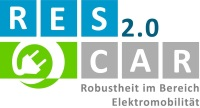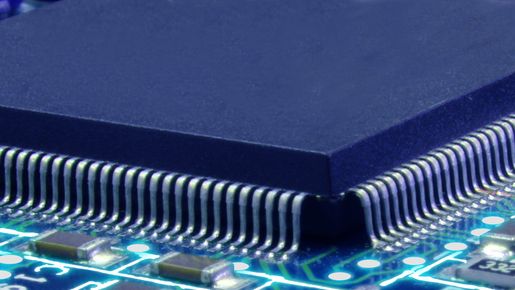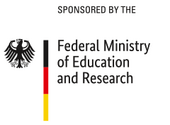Whether in the powertrain, in central control units or in body and convenience electronics – there is a constant increase in the proportion of electronic components used in the car. This trend is accompanied by growing complexity of the systems installed, meaning that designers are forever faced with new challenges in the fine tuning. Six partners from all levels of the development chain have now joined forces in a quest to come up with overarching solutions. As the proportion of electronic components used in the car increases, so the interplay between the individual modules becomes ever more complex. Furthermore, in changing over central vehicle systems – such as the steering and brakes – from mechanical and hydraulic components to their electrical and electronic counterparts, compliance with the strictest safety standards is required. These safety aspects as well as the diverse interdependencies of the components have to be factored also into the semiconductor development process and reconciled with the requirements of the respective application. Partners from all levels of the development chain are participating in RESCAR 2.0: AUDI AG, the BMW AG (associated project partner), ELMOS Semiconductor AG, the Research Center for Information Technology (FZI), Infineon Technologies AG and Robert Bosch GmbH. Support is provided by the Fraunhofer Institute for Reliability and Microintegration (IZM) Berlin, the Fraunhofer Institute for Integrated Circuits (IIS) Dresden, DFKI GmbH (Cyber-Physical Systems), the Dresden University of Technology, the University of Hanover and the University of Tuebingen. The project is coordinated by Infineon and managed by edacentrum GmbH.
Partners
Audi AG, BMW AG (assoziierter Projektpartner), ELMOS Semiconductor AG, Forschungszentrum Informatik (FZI), Infineon Technologies AG, Robert Bosch GmbH, Fraunhofer Institut für Zuverlässigkeit und Mikrointegration Berlin, Technische Universität Dresden, Leibniz Universität Hannover, Eberhard Karls Universität Tübingen.



